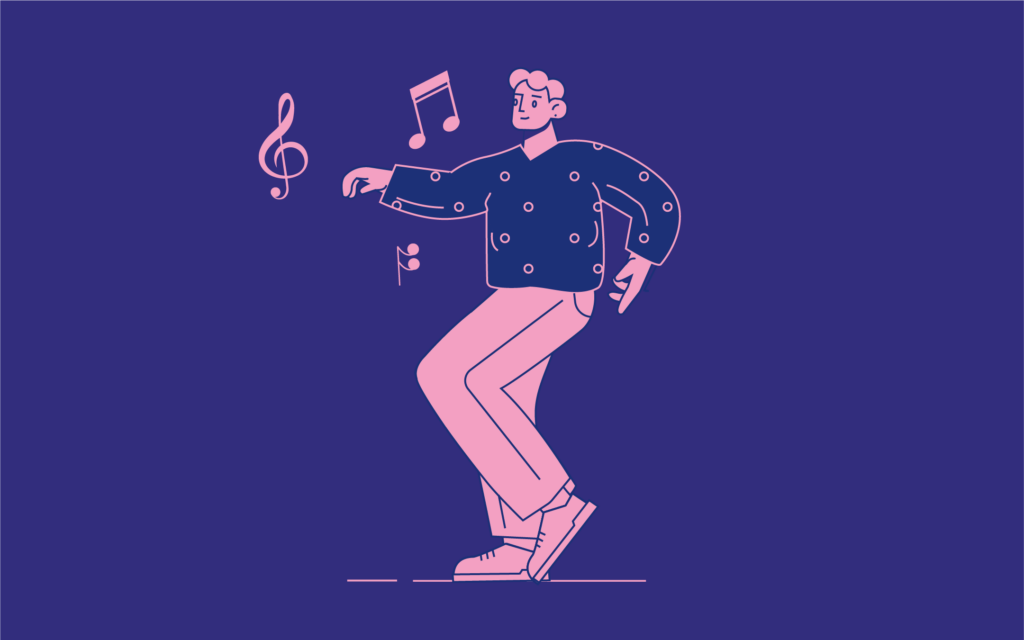Who Thrives at a Brand Strategy and Design Agency?
Who Thrives at a Brand Strategy and Design Agency?

What type of person thrives at a brand strategy and design agency? Looking around our office, we have people from advertising, journalism, psychology, economics, sociology, sales, graphic design, media – and like any successful venture, a few restless English majors.
Is there a through-line? In our line of work, we privilege business acumen, technical fluency, big idea thinking, writing prowess, collaborative mindsets, passion, curiosity, empathy, and an obsession for the details. We get just as excited by an experiential brand launch as an exquisitely organized messaging matrix.
With our clients, we identify the full range of levers – rational and emotional, strategic and aesthetic – to create an impact across business, brand, and culture. It’s a holistic approach to solving business challenges that requires a little bit of everything.
In a roundtable interview with the Emotive Brand team, we’re attempting to connect the dots by asking: What initially drew you to branding? And what does your unique background bring to the table?
Kyla Grant, Director of Operations
To be perfectly honest, when I started with Emotive Brand, I had no idea what branding meant. I thought I knew, but little did I understand that what I had in my mind was the tip of the iceberg, the small sliver of what branding meant. It’s so much more than the superficial logo, it’s the heart and soul of what a company is. My background is pretty varied, but my strength lies is operationalizing things, in figuring out how to bring an idea, a concept, a strategy to life. My mind lives in the gaps of understanding that I look to fill in order to bring everyone along, without any missteps.
Carol Emert, Strategist
I’m naturally into meaning-making through insight, and branding lets me make a living at what would otherwise be a very passionate avocation. Brands sit at the very root of meaning for organizations, which means that they are absolutely critical for organizational well-being. Just as individual people seek meaning in our personal lives, it’s important for both organizations and for the people who are passionate about them to understand the organization’s meaning and its purpose. Then we can really live it.
Bella Banbury, Founding Partner
I started my career in sports marketing and was always fascinated by which brands were attracted to a specific athlete or sport, and those that were successful in lodging their brand into our hearts and minds often without us even knowing it. I loved brands that were creative and clever in their approach. Fast forward to today, we now sit on the front end of crafting those strategies. As an aside, I don’t think there is anything specific about my background that influences our work other than I am curious about how brands influence and shape our culture. I’ve always worked on the agency side and I never ever take clients for granted or forget this is a service industry.
Robert Saywitz, Design Director
I would say that branding sort of found me rather than me searching it out. When I was in art school, “branding” wasn’t the ubiquitous term it is today, and I found myself in a Visual Identity course where we were tasked with creating brand identity systems, a logo being at the center of it all. My background in drawing and painting, especially my sense of craft – draftsmanship, attention to detail, and visual storytelling – suddenly brought my design ability, and design thinking, to a higher and ultimately much more personal level when faced with the challenges of creating logos and expanding their story into a brand landscape. It wasn’t until working in New York did all of this crystalize into the more tangible world of branding but similar to my first epiphany in school, everything still begins with crafting an iconic logo and expands outward from there.
Jon Schleuning, Strategist
I grew up in Oregon and ran cross-country in high school. The early Nike campaigns struck a chord. There is no finish line. The sense of being part of something instead of just buying a shoe.
Thomas Hutchings, Creative Director
I am actually interested in the subversive side of what branding is: mass consumerism, the ability to use subliminal tactics to make people buy or feel something or just to provoke a reaction. To me, I actually have an ability to manipulate through something not everyone can do. I think in the early days, I was always fascinated by advertising, then somewhere along the way, I learned that I can use design with branding to make a more prolonged effect. Advertising is the 100m sprint, branding is a marathon. I may not always know what is right for the greater design world, but I know what’s right for the brand or understand it as a personality to know what’s right.
Chris Ames, Creative Strategist
I think that thing that I both love and hate about branding is the power of narrative to inform, sway, misdirect, or charm. Those who study the Humanities are often told that their skills will not translate to a “real job” after college. And then when you enter the job market, you find that most companies biggest problems – building a healthy and inclusive culture, telling a cohesive story, articulating their purpose, cutting through the noise – are humanistic disciplines. I try to bring a sense of empathy to this process and constantly remind myself that the best branding puts real people at the center, not glorified technology or embarrassing jargon.
The Only Prerequisite Is Curiosity
Regardless of background, it seems the unifying principle of brand strategy and design is a deep curiosity for how things look, feel, and influence the world around us. At its best, branding is an investigation into meaning. It’s engaging with the unseen and overlooked aspects of business, products, and experience. If you’re interested creative problem-solving, design-thinking, or the intricacies of brand strategy, don’t hesitate to contact Founding Partner Tracy Lloyd.
Emotive Brand is a brand strategy and design agency in Oakland, California.







